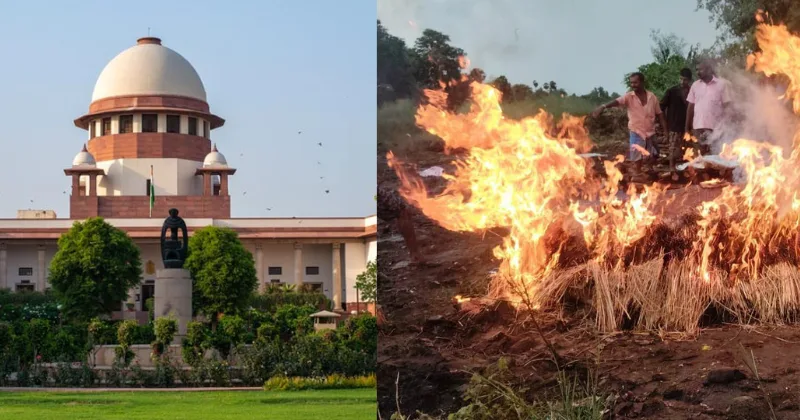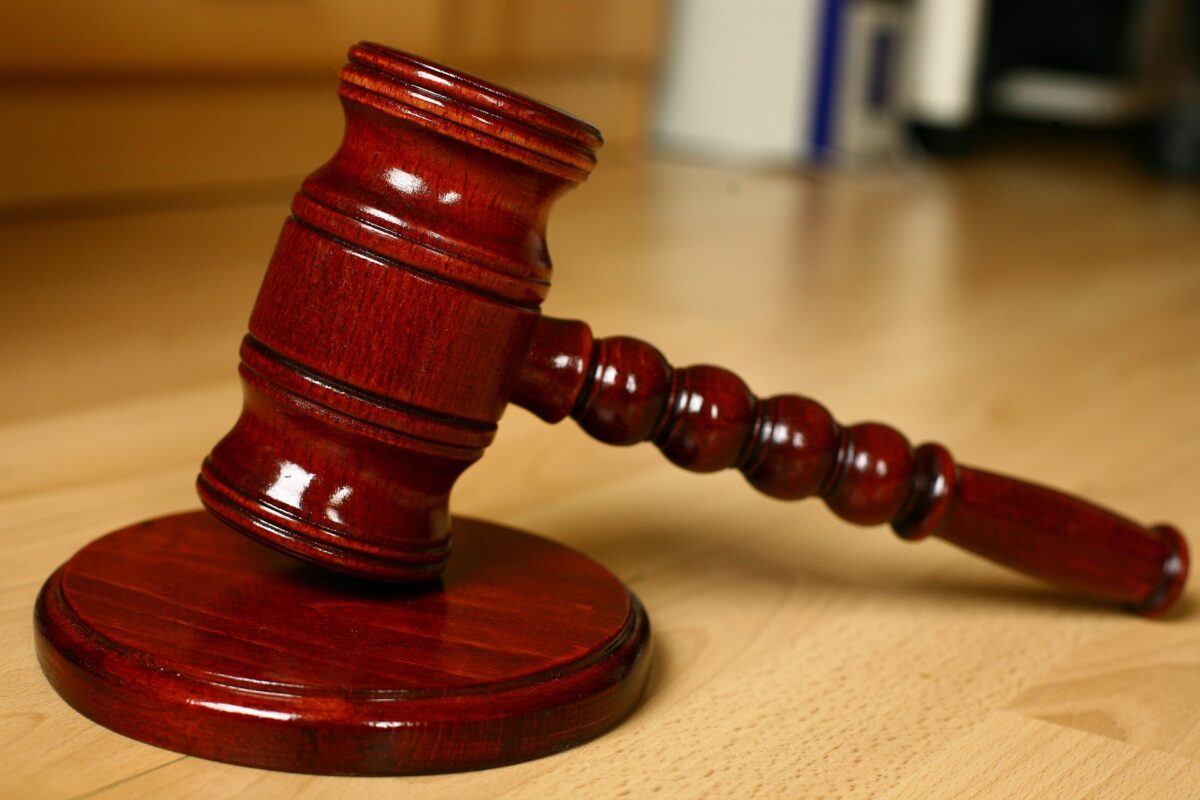
In yet another blow to the Dravidian model DMK government, the Supreme Court on Tuesday (17th December) rejected an appeal filed by the Tamil Nadu government against the Madras High Court judgment ordering a CBI probe into the illicit liquor deaths in the Kallakurichi district. A bench of the apex court, comprising Justices J.B.
Pardiwala and R. Mahadevan, while hearing the appeal, stated: “Having heard the Advocate General appearing for the petitioners and having gone through the materials on record, we see no good reason to interfere with the very well-reasoned judgment of the High Court.” The bench added, “The Special Leave Petitions are, accordingly, dismissed.

Pending applications, if any, also stand disposed of.” The judges noted that the CBI is the appropriate agency to handle the investigation, given its inter-state implications involving Tamil Nadu, Puducherry, and other regions. They affirmed that there would be no obstacle to the continuation of the investigation.
However, the apex court rejected the state government’s contention, observing that there was no justification for interfering with the High Court’s order. On November 19, the first bench of the Madras High Court, comprising Chief Justice D. Krishnakumar and Justice P.
B. Balaji, had ordered a CBI probe into the case, stating that the Tamil Nadu government had failed to take necessary action against repeat offenders and negligent officials. The court also noted the state government’s contention that the spirit had come from other states.
The Madras High Court had earlier ordered a CBI probe into the Kallakurichi hooch tragedy, which claimed 68 lives in June and July this year. The bench directed: “The CBI is to investigate all aspects of the three cases (relating to the hooch tragedy) and file the final report before the jurisdictional court as early as possible.” Justice Balaji, in a separate order, remarked that the Kallakurichi hooch tragedy is a classic example of the proverb “kudi kudiyai kedukkum” (consumption of alcohol destroys the whole community).
Justifying the CBI probe, the bench observed: “All these lead us to believe there was an unholy nexus between the manufacturers of illicit liquor and police officials. It also bewilders us that the prime accused, Kannukutty alias Govindaraj, despite several cases booked against him, admittedly continues to go scot-free, selling illicit arrack.” The bench also described the tragedy as “one of the rarest of rare cases” warranting a fair and impartial investigation by the CBI, citing Supreme Court precedents on the transfer of cases to federal agencies.
It added, “The fact that the incident occurred within a stone’s throw from the police station stuns us as to how it could have gone unnoticed.” In its appeal, the Tamil Nadu government argued: “The High Court failed to consider that the transfer of investigation can only be done in rare and exceptional circumstances, such as when high-ranking state authorities are involved, or the accusation itself is against the top officials of the investigating agency, thereby allowing them to influence the investigation. Furthermore, such a transfer is warranted only when it is necessary to ensure justice and instill confidence in the investigation, or when the investigation is prima facie found to be tainted or biased.
” The state government contended that the High Court, without considering the proactive steps taken by the state, had erroneously transferred the investigation to the CBI based on mere suspicion and without any proof that police officials were involved in the sale of illicit liquor. It cited Supreme Court judgments to argue that such a transfer violated settled law. The Tamil Nadu government further stated: “None of the petitioners made out a case by naming police officials, politicians, or any other government officials with whom the prime accused is alleged to have an unholy nexus.
Based on such mere statements, without anything more, the High Court ought not to have transferred the case to the CBI.” While ordering the CBI probe, the Madras High Court had raised concerns about the government’s handling of the case and questioned the police’s ability to conduct a fair and impartial investigation. It highlighted glaring lapses in governance and expressed disappointment over the reinstatement of suspended police officials, including the former Kallakurichi Superintendent of Police (SP), Samay Singh Meena.
The CBI probe had been sought by AIADMK legal wing secretary I.S. Inbadurai, leader of the Lawyers Forum for Social Justice K.
Balu, BJP’s A. Mohandass, former DMDK MLA B. Parthasarathy, and former MLA Dr.
A. Sridharan, among others. At least 22 people died after consuming spurious liquor in Tamil Nadu’s Villupuram and Chengalpattu districts in June last year.
The Madras High Court had earlier directed the Chief Secretary to the Government, the Secretary to the Government (Home Department), and the Director General of Police to constitute a high-level secret committee comprising officers with integrity to monitor police officials suspected of colluding with drug offenders..











